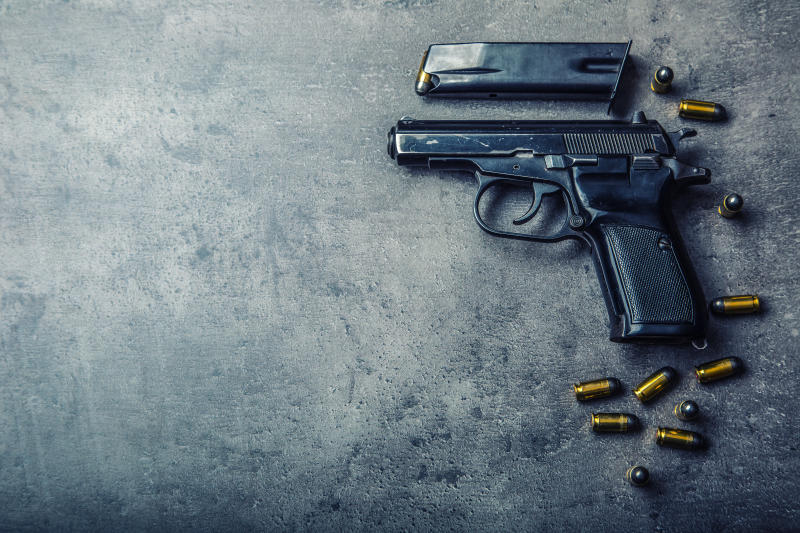×
The Standard e-Paper
Home To Bold Columnists

The exponential rise in homicide cases among uniformed officers is worrying. Cases of officers killing their spouses, children and turning guns on themselves call for interrogation.
Recently, a female police officer in Nakuru was blamed for the death of her colleague. In April this year, Hudson Wakise, a General Service Unit officer attached to the Interior Cabinet Secretary’s office killed his wife and later turned the gun on himself.